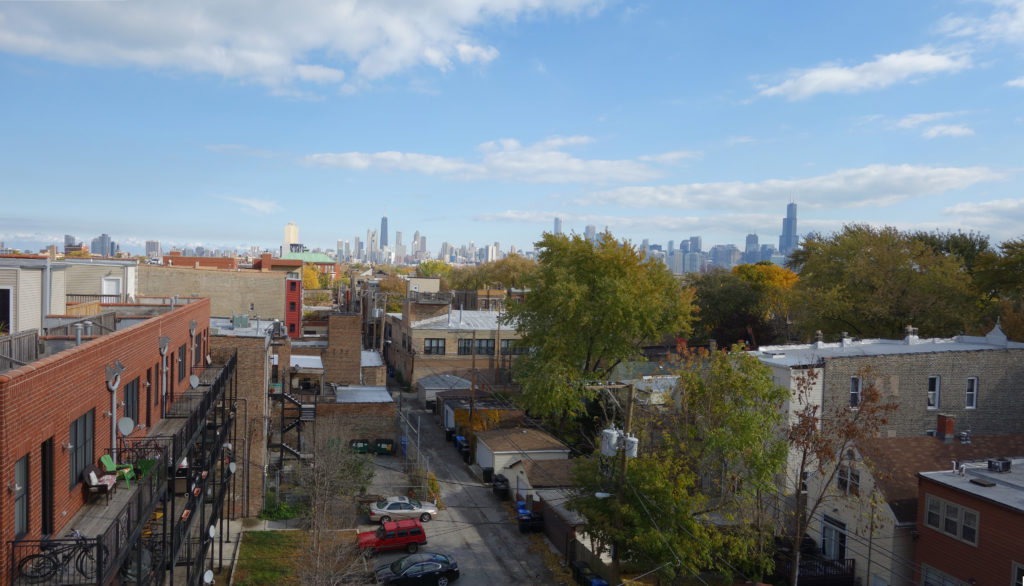
WASHINGTON – After a multitude of ‘’underride accident” reports beginning back in 2017, a historic case–with the largest verdict against a trucking company for such an accident–is revealing findings regarding how the trucking industry quietly fought against safety measures, despite having knowledge of the risks, for over a decade.
Now, this case could mean big changes for how drivers are protected.
Underride accidents occur when a vehicle ends up sliding underneath a tractor trailer–an event which can crush or even decapitate the driver and passengers–making it one of the deadliest kinds of accidents on American roadways.
When WUSA9 investigated a particular underride accident which killed a teenage boy, they discovered the family was awarded $42 million in a lawsuit against trucking company Barkandhi Express and Utility.
16-year-old Riley Hein’s car became stuck under the side of a trailer–made by Utility Manufacturing Company–after careening off of an embankment on a New Mexico interstate in 2015.
Riley’s father, Eric Hein, told the news source that the truck “drug [Riley’s] car for a half a mile until it caught on fire and Riley burned to death.”
The lawsuit cited negligence, stating that Barkandhi Express should have had a side underride guard which would not have allowed any car to get lodged below its trailer.
Currently, trailers are not required to have side guards, which were designed in order to prevent smaller vehicles from sliding underneath an 18-wheeler, even though the trucking industry has admitted in trial that over 200 people a year are killed in underride accidents.
However, although it may have seemed Riley’s case itself would have made a difference in trucking safety regulations–especially considering its huge payout–documents from the trial showed that the trucking industry has been working against the utilization of side guards for a lengthy period of time.
One document showed the Truck Trailer Manufacturers Association asking major trailer manufacturers for detailed information on side guard costs so that they could potentially be able to develop defense strategies regarding underride lawsuits.
The Association has also said that adding the weight of new guards onto trailers would make it necessary for trucking companies to add even more tractor trailers onto roads, which it claims would cancel out any safety benefits.
Right now, the only underride protection required by law are rearguards, which are often useless in accidents.
Because of this, United States Senator Kirsten Gillibran is working to bring in bipartisan legislation that would demand underride guards on all sides of semi-trucks, including updates to current rearguards.
Additionally, a petition started by mothers in 2018 has gained traction after a large number of underride accidents occurred the year prior, and works to take action in the fight for semi-truck safety and to gain attention in Capitol Hill. The two moms who began the petition both lost children in underride accidents. They also were successful in their lobbying attempts to have bipartisan legislation introduced in December of 2017.
Advocates for truck safety changes are hopeful that verdicts, such as the one in the Hein case, will be the most powerful way to instigate updates and push this legislation through.
“These are the things that ultimately result in the eight-figure verdicts which can push a motor carrier into bankruptcy,” said Andy Young, a previous truck driver now representing families of accident victims working toward lawsuits.
Unfortunately, Riley’s case hasn’t ended up with that particular outcome.
Utility Trailer Manufacturing Company is working to appeal the $19 million it had to pay for its part in the verdict, as it has already gone out of business.
Riley’s father tells WUSA9 his family doesn’t care about the money as much as it wants the trucking industry to be held responsible for these accidents.
“He’d be proud of us,” Eric Hein said of Riley. “He’d want us to go on. And we will.”
Although Hein acknowledges the appeal could now take years, Utility has offered the family a $14 million settlement–but only if the Hein family keeps all internal documents quiet.
Riley’s father declined the deal in order to keep the case public, in hopes it will be a turning point in finally improving big rig safety regulations and keeping drivers safer on the road.




